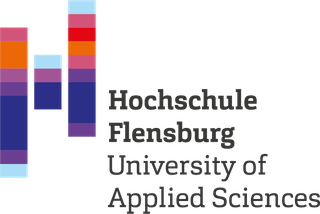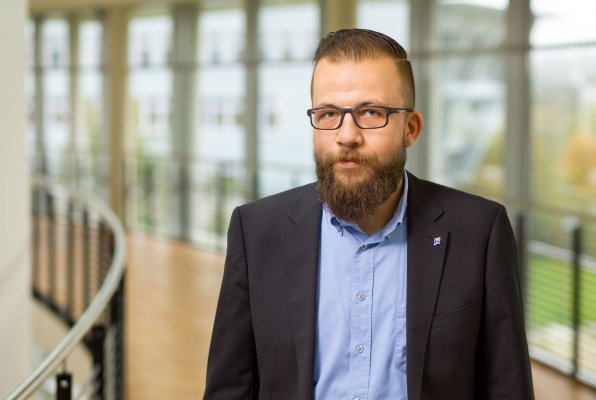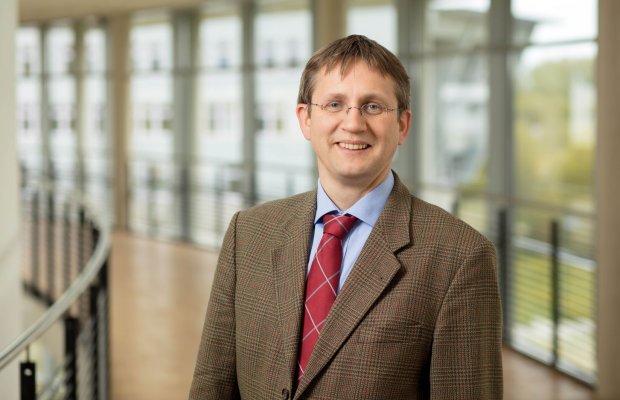
Want to study with us?
Mechanical Engineering / Process Engineering
At a glance
Overview
Programme title
Mechanical Engineering / Process Engineering-
Faculty
1 Starts in
summer semester- winter semester
Duration
3 semesters-
Degree
Master of Engineering Language of instruction
GermanRestricted admission
no-
Accreditation
Accreditation by: German Accreditation Council
Evaluation by: ASIIN
5 good reasons
-
Study across disciplines
-
Work in small groups and try out what you learn in projects
-
Learn from teaching staff with experience outside university
-
Decide what you want to specialise in
-
Study ‘as you work’ (complete your project and thesis in a company)
It's a match if
-
You have a bachelor’s degree from a related technical field
-
You like to look at the whole picture
-
You solve technical problems easily
-
And organisational problems, too
-
You enjoy analysing complex technical challenges and using computers to solve them
What it’s about
Any given number of components can only function as a system if they work together as a whole. You don’t only want to understand the individual cogs but the gearbox – or even better the whole system it is part of. This also applies to the development process that requires work across disciplines to find solutions. A lot of this involves using computers. This degree programme equips you with the tools you need for success in this field - including working on projects and in teams.
You will be expanding what you learned in your bachelor’s degree and go into more depth. And you will apply what you learn as you work on your project.
Course structure & majors
In the first two semesters of your studies your timetable is made up of a mix of compulsory modules, profile modules of your choice and projects. The compulsory modules include mathematical topics such as simulation and numerical analysis but also strategic product development and data bases.
The profile modules will allow you to specialise in topics of your choice: Do you want to know more about drive systems? Or are you more interested in specialised topics of mechanical engineering or is it process engineering for you?? The list of modules offered varies each semester.
You’ll try yourself and what you learn out in projects right away which will help you to train your technical skills as well as skills such as project management and working in teams.
In your third semester, you have five months to write your master’s thesis. You can do this in cooperation with a company if you like.
What makes this degree programme special is the fact that you can work on your projects as well as on your master’s thesis in a company. So you can stay (in touch) with the industry partner you completed your bachelor’s thesis with and study ‘as you work’.
Another great aspect is the fact that you can specialize in process engineering. This is one of the key technologies of we want to make the energy transition work, and it plays a major role for the circular economy (battery production, hydrogen technologies, recycling, using new raw materials, climate protection - you name it).
Please beware that the modules offered in the winter semester are different from those offered in the summer semester; so the course structure depends on when you start your studies. For more details, check the programme’s module directory.
Majors
Major Mechanical Engineering
Depending on the combination of projects and electives you choose to complete, you can study this master’s degree programme with a major. If you want to major in Mechanical Engineering, follow this: One of your projects must be from the field of Mechanical Engineering and three of your elective modules belong to the subjects Introduction to Numerical Flow Simulation, Machine Dynamics 2/Acoustics, FEM in Structural Mechanics, Drive Systems, Technical Reliability & Structural Durability and Automation of Production Processes.
Major Mechatronics
Depending on the combination of projects and electives you choose to complete, you can study this master’s degree programme with a major. If you want to major in Mechatronics, follow this: One of your projects must be from the field of Mechanical Engineering and three of your elective modules belong to the subjects Machine Dynamics 2/Acoustics, Cybernetics, Simulation of Mechatronics Systems, Drive Systems, Technical Reliability & Structural Durability and Automation of Production Processes.
Major Process Engineering
Depending on the combination of projects and electives you choose to complete, you can study this master’s degree programme with a major. If you want to major in Process Engineering, follow this: One of your projects must be from the field of Mechanical Engineering and three of your elective modules belong to the subjects Introduction to Numerical Flow Simulation, Introduction to Numerical Process Simulation, Sector Coupling, Sustainability Assessment of Green Technologies, Membrane Technology and Flow Charts in Processing Technology.
Major Energy Engineering
Depending on the combination of projects and electives you choose to complete, you can study this master’s degree programme with a major. If you want to major in Energy Engineering, follow this: One of your projects must be from the field of Mechanical Engineering and three of your elective modules belong to the subjects Modelling and Simulation of Wind Turbines, Introduction to Numerical Flow Calculation CFD, Green Engineering, Environmental and Safety Management or from the pool of energy engineering subjects offered by Faculty 2. This pool changes each semester and is published before the start of a semester.
Future prospects
You want to continue your studies?
Your degree is the perfect qualification if you want to pursue your doctorate.
You want to work?
Your master’s degree in Mechanical Engineering/Process Engineering will make you a sought-after candidate on the job market: In a survey among our former students, 95% of them said they had found a job within a month after graduating. They work in a variety of industries, they include:
- Energy and water industry
- Mechanical engineering and the automotive industry
- Engineering offices
- IT
- Special machines and systems engineering
- Production processes
Your degree qualifies you for different positions, here are some of them:
- Design engineer
- Development engineer
- Project manager
- Head of production
- Programmer
- Examiner



